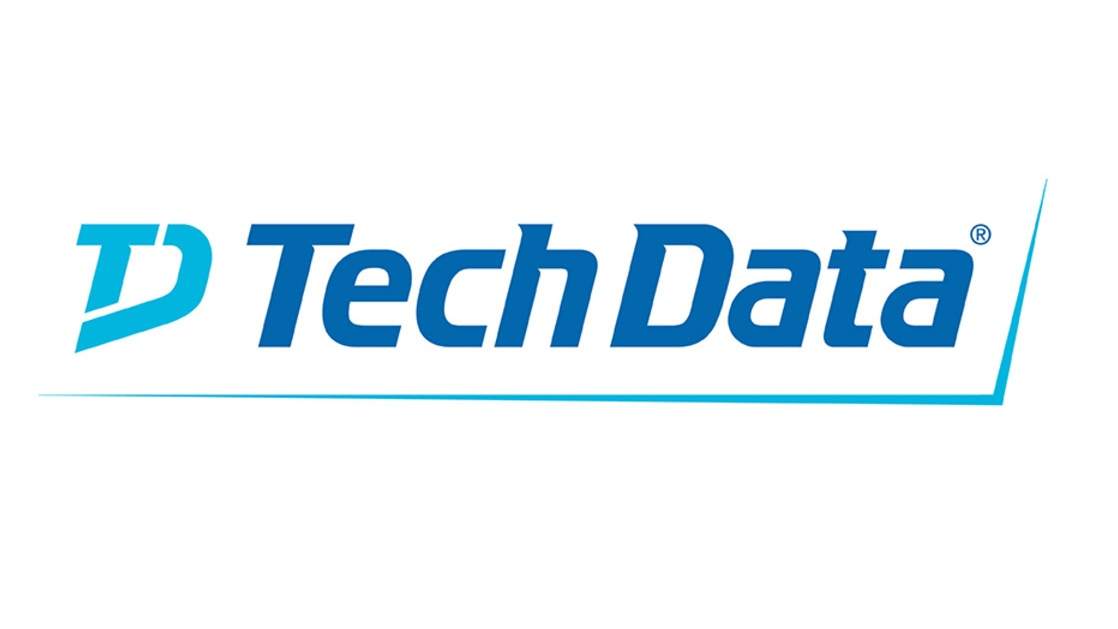DevOps is one of government’s hottest topics as agencies at every level love the idea of a project management strategy that combines developers and operators on the entire product process.
Regrettably, few things scare agencies more than failing on transformational initiatives such as DevOps. After all, no one wants to be the basketball player who tries blocking a shot only for the ball to sink through the hoop.
According to two DevOps experts, however, failure is a critical part of the culture that’s necessary for agencies to adopt the philosophy.
“Failure shouldn’t be looked at as the word it is,” Keith Trippie said during a GovLoop virtual summit Wednesday. “You can fail early and experiment. Failure is an opportunity to learn if it’s done quickly.”
Trippie is a former senior executive at the Homeland Security Department (DHS) who has since founded GotUrSix TV. GotUrSix TV is a post-cable business platform for the military, their spouses and veterans. You can find more, here.
During Wednesday’s event, Trippie argued that, for example, agencies that fail in two weeks rather than two years on DevOps save scores of energy, money and time on the same outcome.
“Most business leaders say it’s no longer acceptable to fail $3 million in,” he said of what agencies could learn from the private sector.
Ingo Fuchs, meanwhile, said that DevOps is essential for agencies to rapidly deploy the software that will help them keep pace with citizen expectations.
“There is so much disruption going on in society, not just in technology,” said Fuchs, who is NetApp’s Chief Technologist, Cloud and DevOps. “The disruption is really driven by software, and it’s addressed by software. The fastest way to roll out new software is using the DevOps strategy.”
NetApp is a hybrid cloud data services and data management company. Fuchs added that DevOps aims to deliver the most accessible and satisfying products to users in the shortest time possible.
“The right DevOps strategy is the difference between being disrupted and being the disruptor,” he said. “The idea behind DevOps is to move from months and weeks down to days, hours or even minutes for each release cycle.”
So how do agencies practice DevOps if their developers and IT operators don’t already cooperate on projects? Fuchs argued that DevOps is about entire agencies, not just the specific teams such as these that exist within each one.
“The people are at the core of every DevOps transformation and every DevOps project,” he said. “Now they’ll fail or succeed together. There’s no more finger-pointing.”
Fuchs then suggested that implementing DevOps takes agencywide commitment to idea focusing on openness and integration.
“At the end of the day everybody must buy in,” he said. “It can’t just be the top, it can’t just be the bottom. It must be the middle too.”
Trippie, for his part, noted that everyone can play a part in embracing DevOps at their agency regardless of their role.
“You can have an impact where you sit,” he said. “One of the things you can do is be an advocate, a cheerleader. Help your boss through how they’d do it.”
Fuchs said that ultimately, agencies that are nervous about succeeding on projects using DevOps should take the methodology for a test drive.
“Find a test case and find what does work and what doesn’t work,” he said. “Look for opportunities. Here’s something we can take to the side and approach differently without affecting the core mission.”
If you want to attend sessions like this one at future virtual summits, pre-register today!







Leave a Reply
You must be logged in to post a comment.